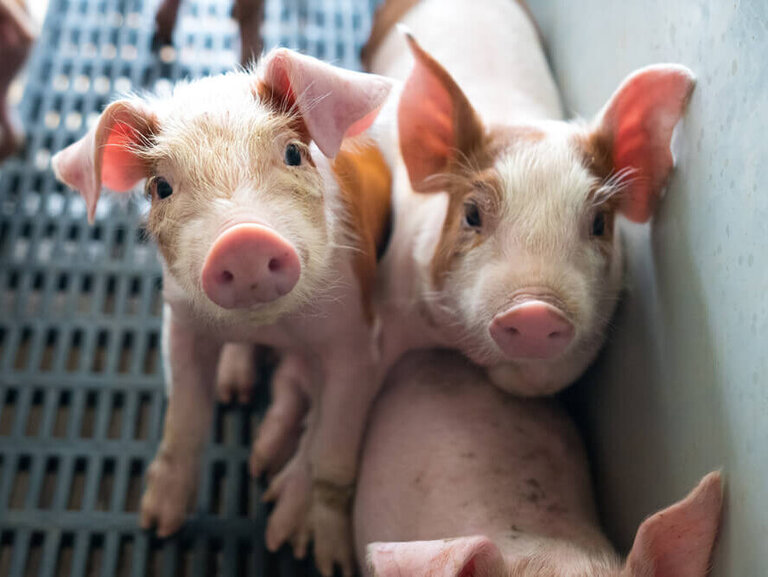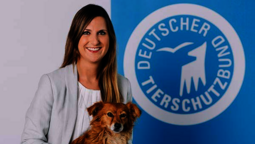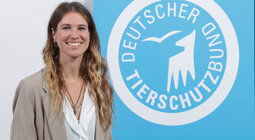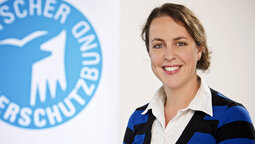In the run-up to the International Green Week (IGW) and in view of the ongoing legislative process, the German Animal Welfare Federation reiterates its criticism of the planned state animal husbandry label. This would merely reflect the status quo without aiming for improvements for the animals.
“The fact that the state label will be mandatory is a good signal. However, it does not bring any improvement for the animals and does not initiate any development towards more animal welfare, but merely reflects the status quo,” criticizes Thomas Schröder, President of the German Animal Welfare Federation. “Ten years ago, we ourselves launched the animal welfare label ‘Für mehr Tierschutz’ to noticeably improve the lives of farmed animals. To date, this has been demonstrably successful for several million animals. We also expect the government to provide this kind of momentum for greater animal welfare in stables,” said Schröder. Unfortunately, however, there is no overall strategy for the conversion of animal husbandry for all animal species that gives farmers willing to convert planning security. “The Özdemir label is just one instrument among others. The parliamentary process must succeed in turning the label to the left. Otherwise its decision should be postponed,” says Schröder.
The state label does not set any requirements for more animal welfare, but merely groups existing forms of husbandry into a system based on rough key points. So far, it has been limited to the keeping of fattening pigs. Euphemistic terms such as “barn” or “barn+place” suggest an idyllic farm environment, but for pigs this means a life on slatted floors in cramped, unstructured production facilities - with artificial light and artificial air supply. Other terms such as “fresh air”, “free range” and “open air” are more confusing than clarifying for consumers. “It is also serious that key areas such as transport and slaughter are left out of the labeling. In the view of the German Animal Welfare Federation, this is a breach of contract, as the government had promised in the coalition agreement to introduce mandatory animal husbandry labeling that also covers transport and slaughter. There is also a lack of a robust control concept,” criticizes the President of the German Animal Welfare Federation. Large areas in which masses of cheap meat is processed for consumers are spared from the transparency obligation - such as restaurants, catering and canteens.
Unlike the planned state label, the two-stage animal welfare label “Für Mehr Tierschutz” (For More Animal Welfare) of the German Animal Welfare Federation is characterized by ambitious, animal-oriented guidelines that are strictly controlled. Even the criteria at the entry level represent a significant improvement on conventional husbandry. In addition to the husbandry conditions of pigs, chickens and cattle, the label guidelines also include animal-related indicators as well as transportation and slaughter. There are also requirements for preliminary stages, such as piglet production and rearing, as well as for certification, inspection and processing.






